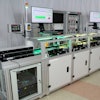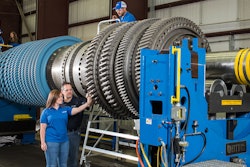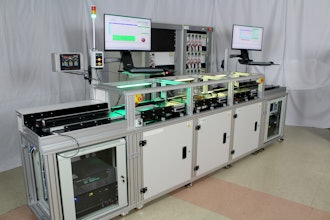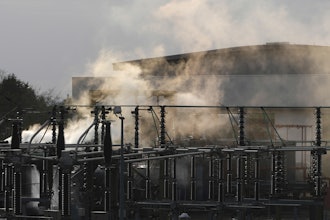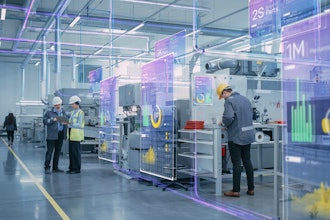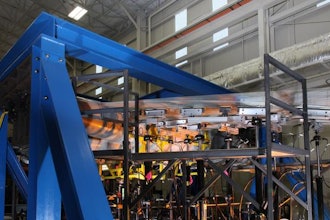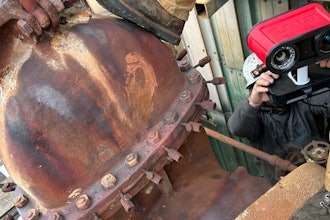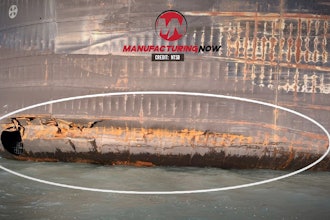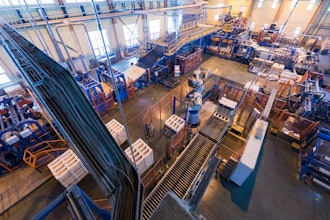I once had a client ask me if he could put floor cleaner in his dip tank to clean his shop's manufactured parts before they were shipped to the customer. After I told him it would rust the parts, discolor the aluminum, and foam out of the tank, he wisely decided against it.
The fact is, just as manufacturing machines and processes have gotten more sophisticated and exact, industrial cleaning products have too. Today's cleaners have been adapted to meet the varying cleaning needs of modern manufacturing.
Which type of industrial cleaning products is best for your operations? It depends on seven factors.
What's Being Cleaned?
Are you cleaning a floor, the outside of a machine, or are you cleaning parts moving to the next stage of the production cycle? Industrial cleaning products are designed to do different things.
The Substrate
What are you cleaning off: straight cutting oil, grease, or a water-soluble coolant? The severity of the substrate you are cleaning off will determine the classification of cleaner you use. For example, cleaning grease may require a heavy duty formula with more additives and components. Some heavy duty blends are alkaline (pH over 7), which makes them more caustic. While higher caustics clean greasy parts better, they may require more safety precautions for employee safety.
If you're cleaning off a light coolant, you can use a lighter duty cleaner.
Amount of Agitation
The type of washer you use is important as well; more specifically, the amount of agitation it produces. The higher pounds per square inch (psi) rating, the higher the agitation. A dip tank will have a lot less agitation than a spray washer. This is significant because cleaners are formulated for either a lot of agitation or little agitation. If you put an industrial cleaning product for low agitation into a spray washer, it will foam excessively. Think of what happens when you put regular dishwashing liquid for sink cleaning into your home dishwasher.
Cleaning Process
When it comes to cleaning oil off of industrial parts and machines, there are two types of industrial cleaning products: oil emulsifying, where the cleaner attaches to the oil and "holds" it in, and suspension and oil rejecting, where the cleaner separates the oil to the top for skimming. How you clean your parts will determine which type of industrial cleaning product you want to use. If you use a dip tank, for example, you'll want oil emulsifying. Otherwise, you'll just be dipping the next piece into oil floating on the surface.
Temperature
Know the temperature at which your dip tank or spray washer operates best. Most washers are heated and, as such, most cleaners need to be heated too. Some cleaners can be run at ambient temperature, but most can't.
One company was running a washer at a 140 degrees Fahrenheit. The temperature was affecting the product tolerances, so, naturally, they turned down the heat of the washer. However, they forgot to change out the industrial cleaning product. When they ran the washer at the new lower temperature the original cleaner foamed everywhere. Replacing the industrial cleaning product with one that could work at ambient temperature would have prevented the foaming.
The Type of Metal
What type of metal are you cleaning? Make sure you select a cleaner that works for that metal. Some cleaners, for example, will discolor metals such as aluminum.
Drying Time
Are parts going to sit when they come out of the washer? If so, for how long? The longer they sit, the more rust protection they may need.
Industrial cleaning products aren't one and the same. By being aware of these seven factors, you or your supplier can select the best industrial cleaning products for your modern manufacturing operations—saving you cost, time, and hassle.



